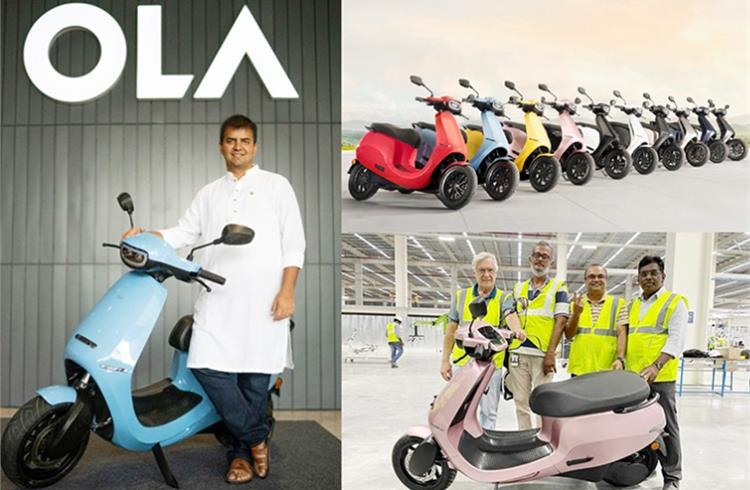
Ola CEO Challenges Traditional Weekends, Proposes ‘Work-Life Harmony’ Paradigm
Ola CEO Challenges Traditional Weekends, Proposes ‘Work-Life Harmony’ Paradigm. In a bold departure from conventional norms, Bhavish Aggarwal, the CEO of Ola, has sparked a discourse on the value of traditional weekends and work-life balance. Aggarwal’s assertion that Saturdays and Sundays no longer hold the same significance in today’s world reflects a growing sentiment that work structures should adapt to the evolving demands of the modern age. This article delves into Aggarwal’s perspective on redefining work-life balance and the challenges associated with implementing this paradigm shift.
Bhavish Aggarwal Envisions a New Approach to Work-Life Balance in the Modern Age
Rethinking Weekends: Embracing Change in the Modern World
In a world marked by technological advancements and evolving work dynamics, Bhavish Aggarwal has questioned the relevance of the traditional weekend structure. With the rise of remote work and the blurring of boundaries between professional and personal spheres, Aggarwal suggests that rigid adherence to a five-day workweek followed by two days off might no longer align with the needs and aspirations of today’s workforce.
Advocating for ‘Work-Life Harmony’
Aggarwal’s proposition introduces the concept of “work-life harmony” as an alternative to the traditional work-life balance. He envisions a scenario where work seamlessly integrates with personal pursuits, allowing individuals to engage with both spheres without the constraints of predefined schedules. This approach seeks to empower individuals to allocate time based on their priorities rather than conforming to a fixed routine.
Challenges of Implementing a Paradigm Shift
While Aggarwal’s vision holds promise, the transition from conventional work patterns to a more fluid work-life harmony paradigm presents its own set of challenges. Adapting organizations, industries, and societal norms to this shift requires careful consideration of productivity, communication, and employee well-being. Striking the right balance between flexibility and structure becomes crucial to ensure the effectiveness of this new approach.
Future Work Structures: Balancing Flexibility and Productivity
Aggarwal’s ideas point to a broader conversation about the future of work. As remote work gains prominence and technology reshapes how we engage with our professional lives, the traditional boundaries of work are being redefined. The concept of work-life harmony encourages the exploration of innovative work structures that accommodate individual preferences while maintaining productivity and collaboration.
Bhavish Aggarwal’s perspective on redefining work-life balance challenges conventional wisdom and prompts a deeper exploration of how work is integrated into our lives. As the world continues to evolve, discussions about the optimal work structure become crucial to create environments that support individual well-being, creativity, and productivity. While the transition to a “work-life harmony” model poses its own set of challenges, it opens the door to a future where work adapts to the needs of the modern age, fostering a more holistic and fulfilling way of living and working.

